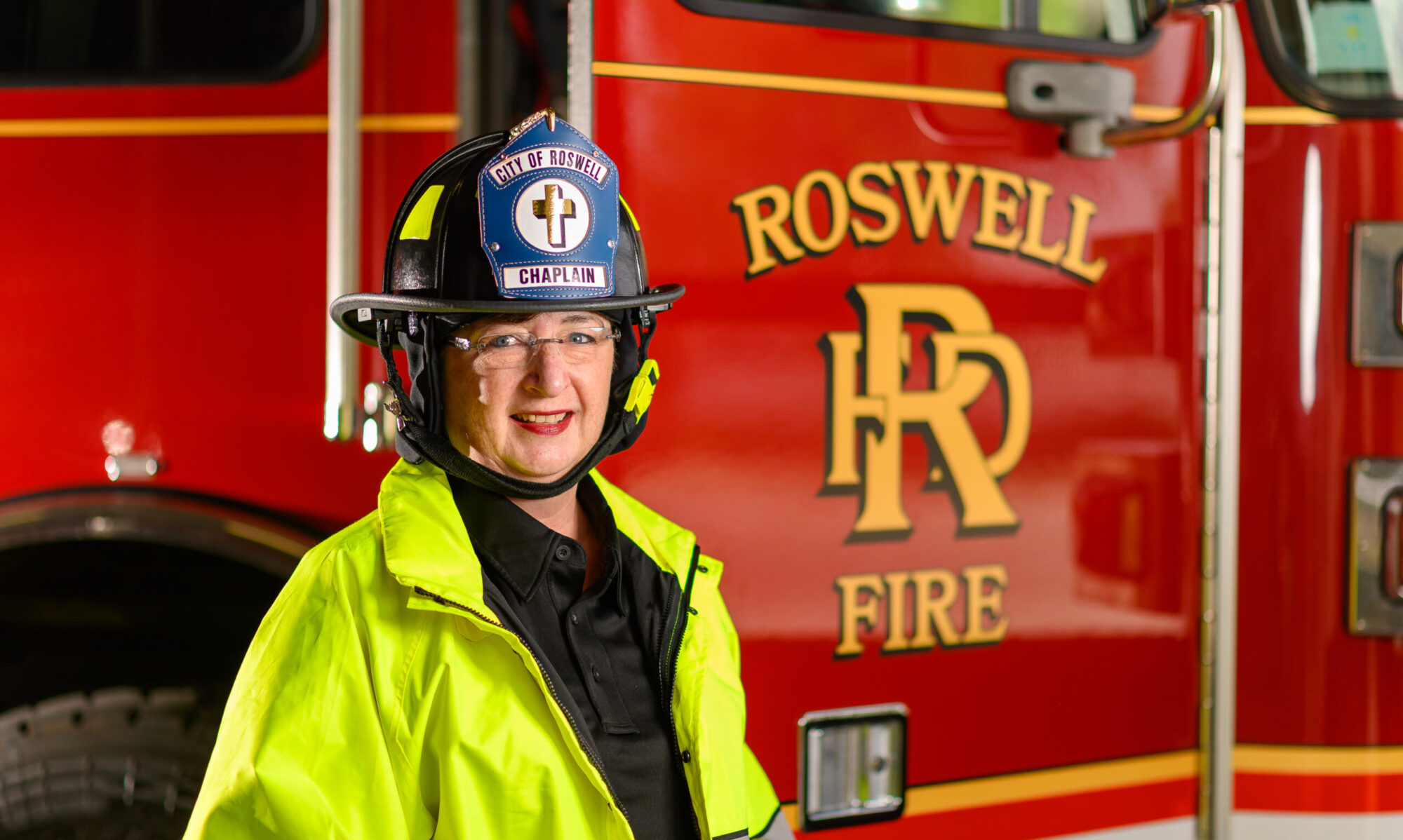
Each year at the beginning of second semester I field questions and concerns from parents worried about their cadet. Sometimes the worry stems from a call or text home saying the cadet wants to transfer. Other times it is homesickness, and still other calls come in with concerns around depression. If you suspect clinical depression is the problem the cadet should be evaluated by a mental health professional.
I’ve mentioned these dynamics in other posts over the years. After the winter furlough is one of the toughest times for all the cadets. On top of the tough daily grind of cadet life, it’s cold and dark too.
As the days grow longer, the cadets morale tends to improve. Parents are wired to try and fix the problems of our children. For parents of cadets the hardest adjustment is realizing you are no longer the fixer of problems. The cadets are at a leadership school and are learning how to solve their own problems. Your role becomes a supporter/confidant one. You can listen to your cadets concerns, but the majority of the time you are not the one to fix the problem. Guiding them through the process of how to fix the problem is the most help you can provide.
In the eight years I’ve supported parents, first as the parent of a cadet and now as the parent of a grad, I’ve noticed a pattern to the types of concerns that arise each semester. I noted this pattern in an earlier post in the Fall. The second semester problems focus on the food service versus the laundry, and academic problems. At some point toward the end of February the focus is on Spring break, Recognition Day and Graduation.
Many parents voice their concerns over the food quality and want to fix it by contacting the school because they foot the bill for tuition room and board. While I understand this train of thought, I have also learned that sending a student to a leadership school means the student is the one to guide their own process and experience. Every situation on campus at The Citadel has a set of rules outlined in the White Book. (Mess Hall, pages 56-57) The cadets job is to learn the procedures and follow them to resolve what ever issues they have. It is hard for the parents to watch this process.
Last year a young woman cadet addressed a gathering of donors to the Brigadier Foundation. In her address she explained why she had a different perspective on cadet life than many of her classmates. Hear her comments on the link, especially at the 3:40 mark forward.
I know other cadets who went through all four years navigating the laundry and food service situation because they did not have the financial option to go to a pay laundrymat, or order take out for dinner. These graduates are now successful business people living on their own.
While I understand that parents have certain expectations when they are footing the bill for tuition, room and board, I’ve also seen the tremendous educational value of cadets learning to advocate for themselves.
